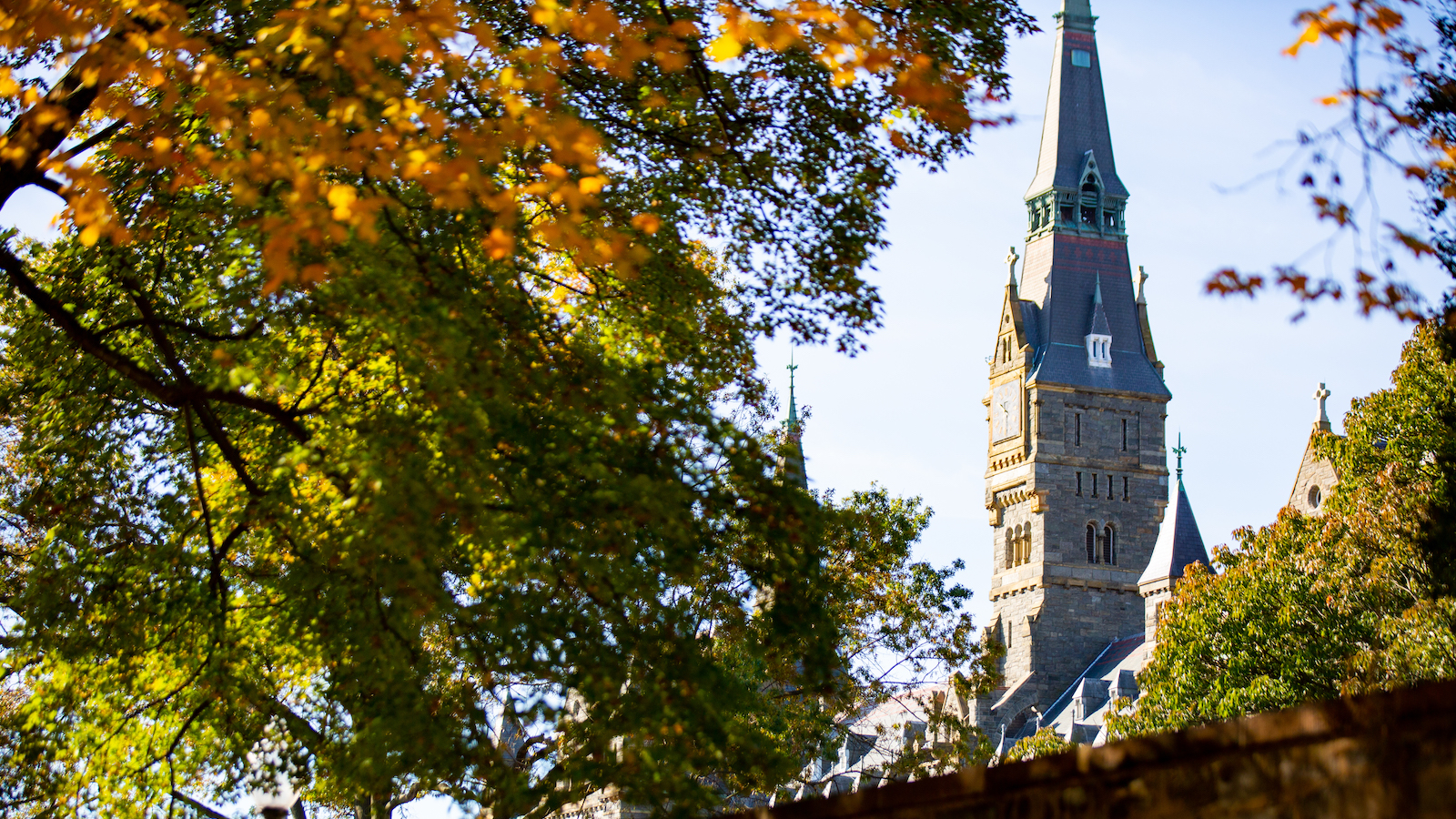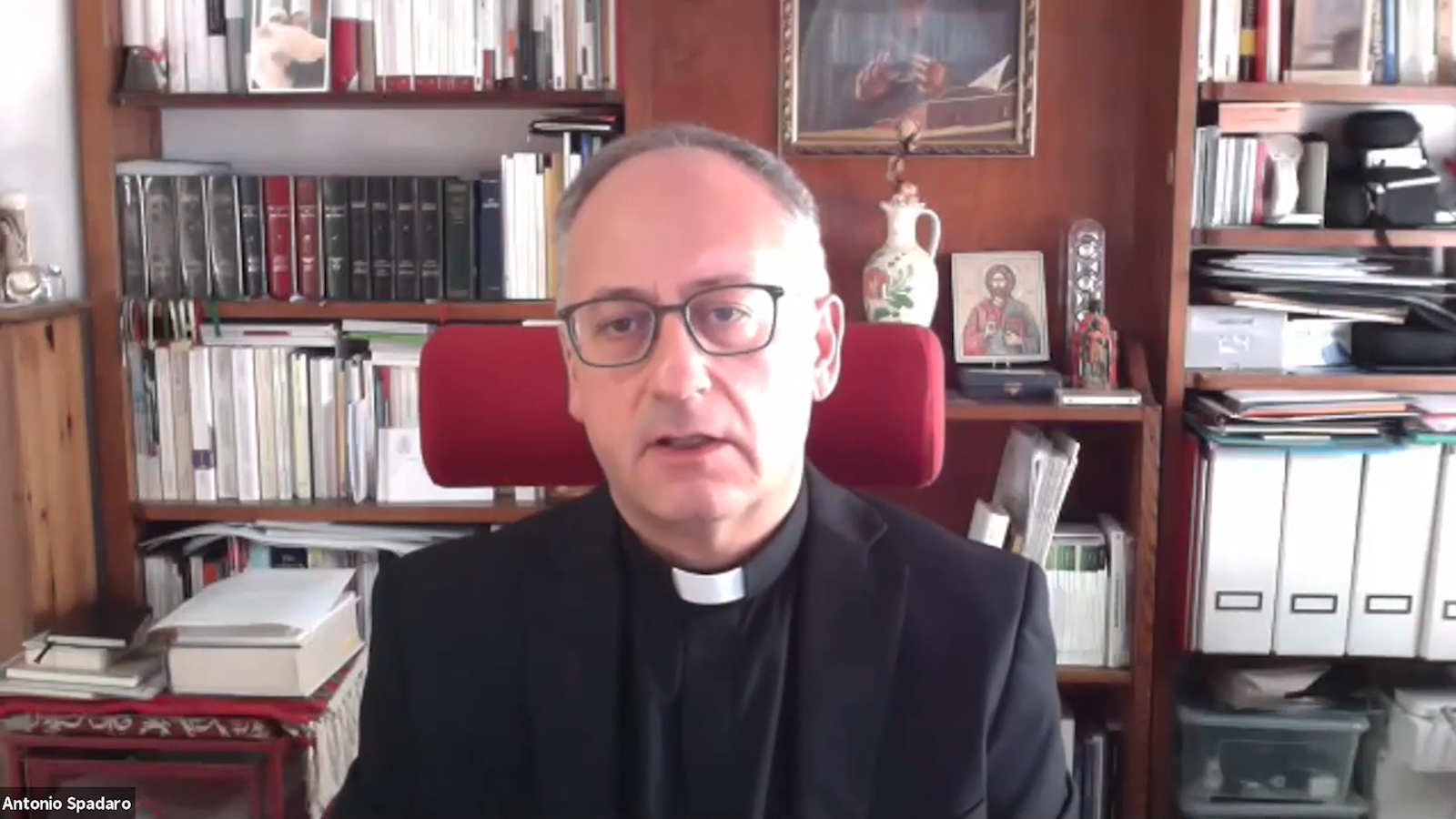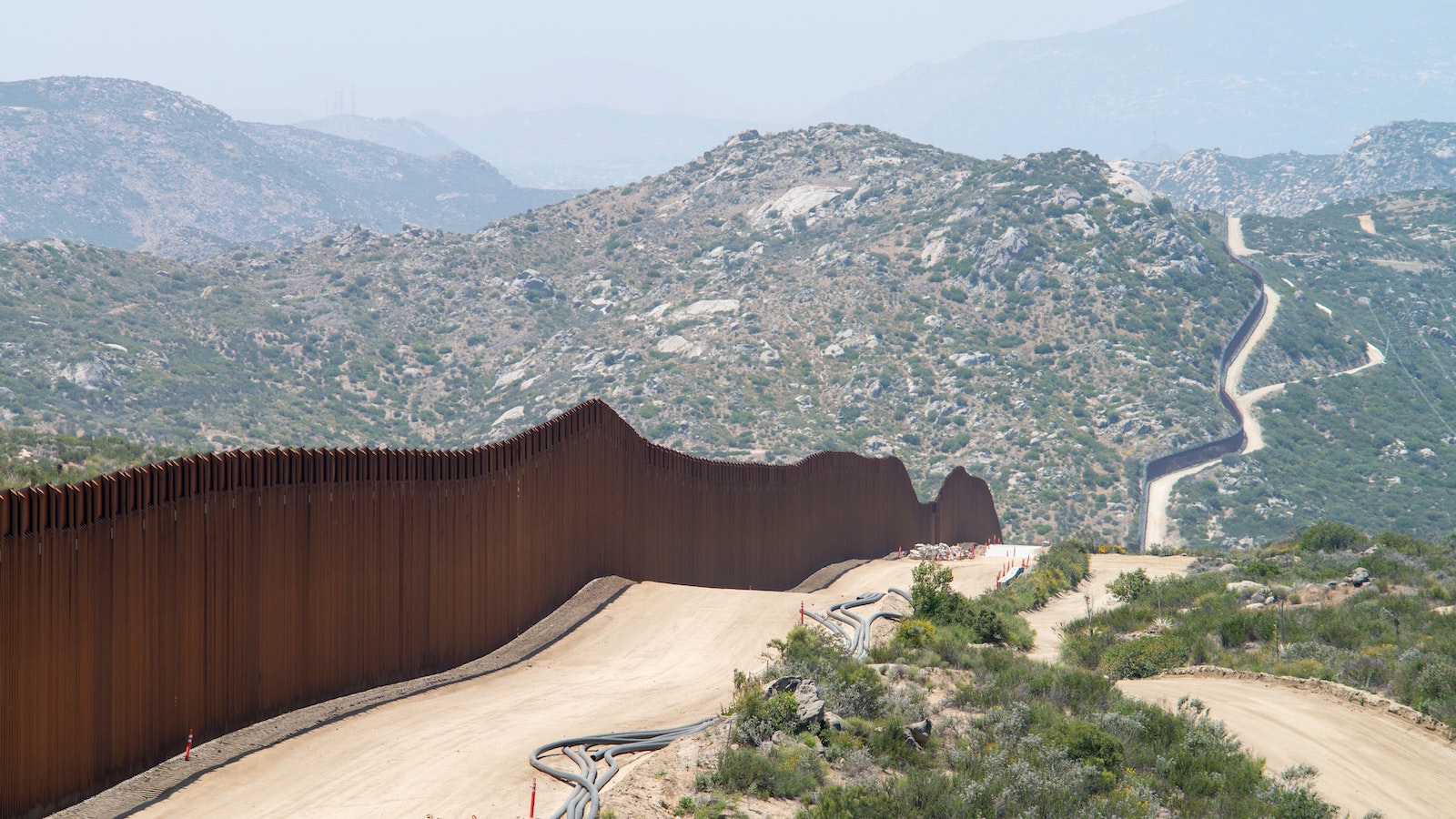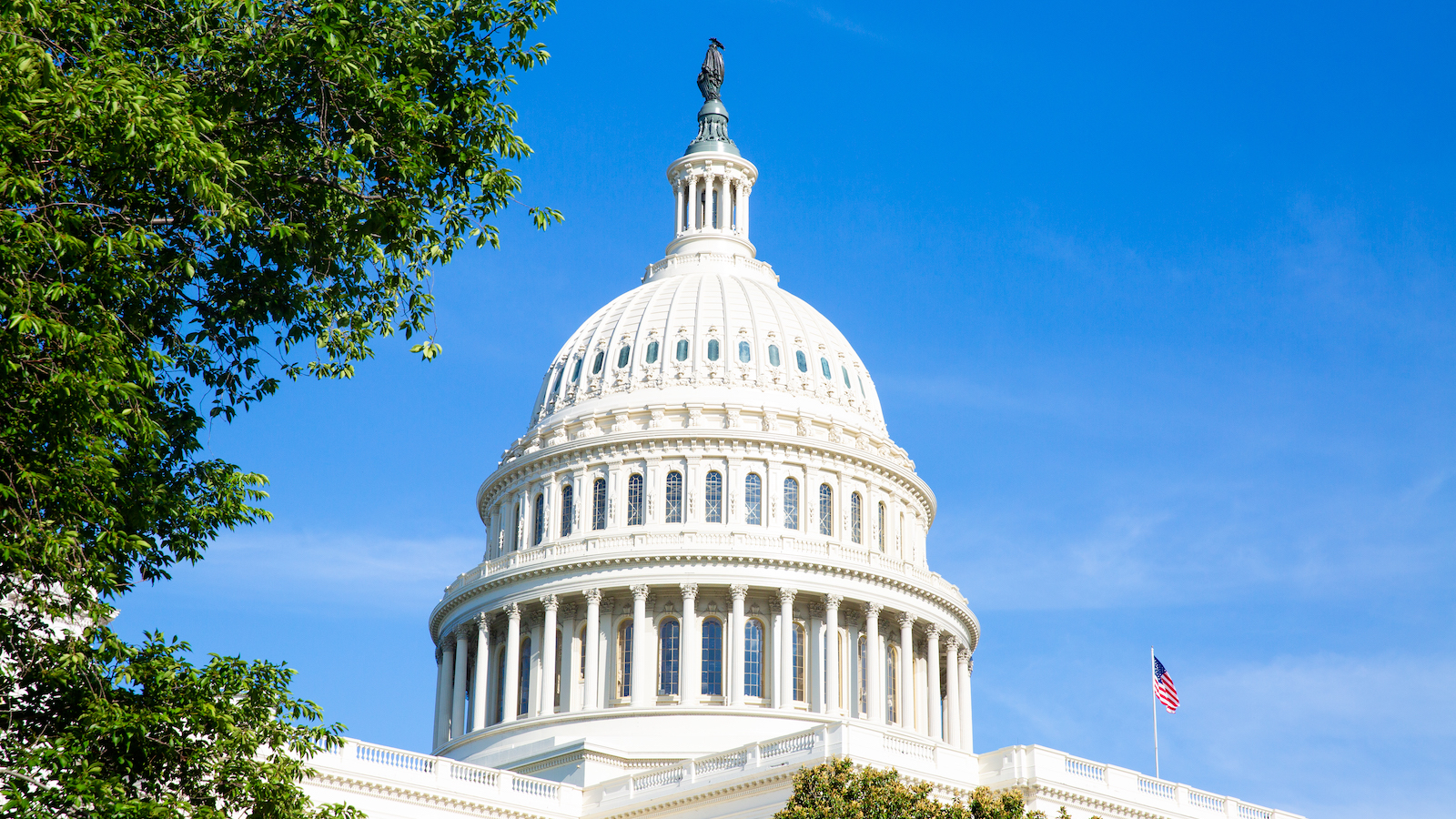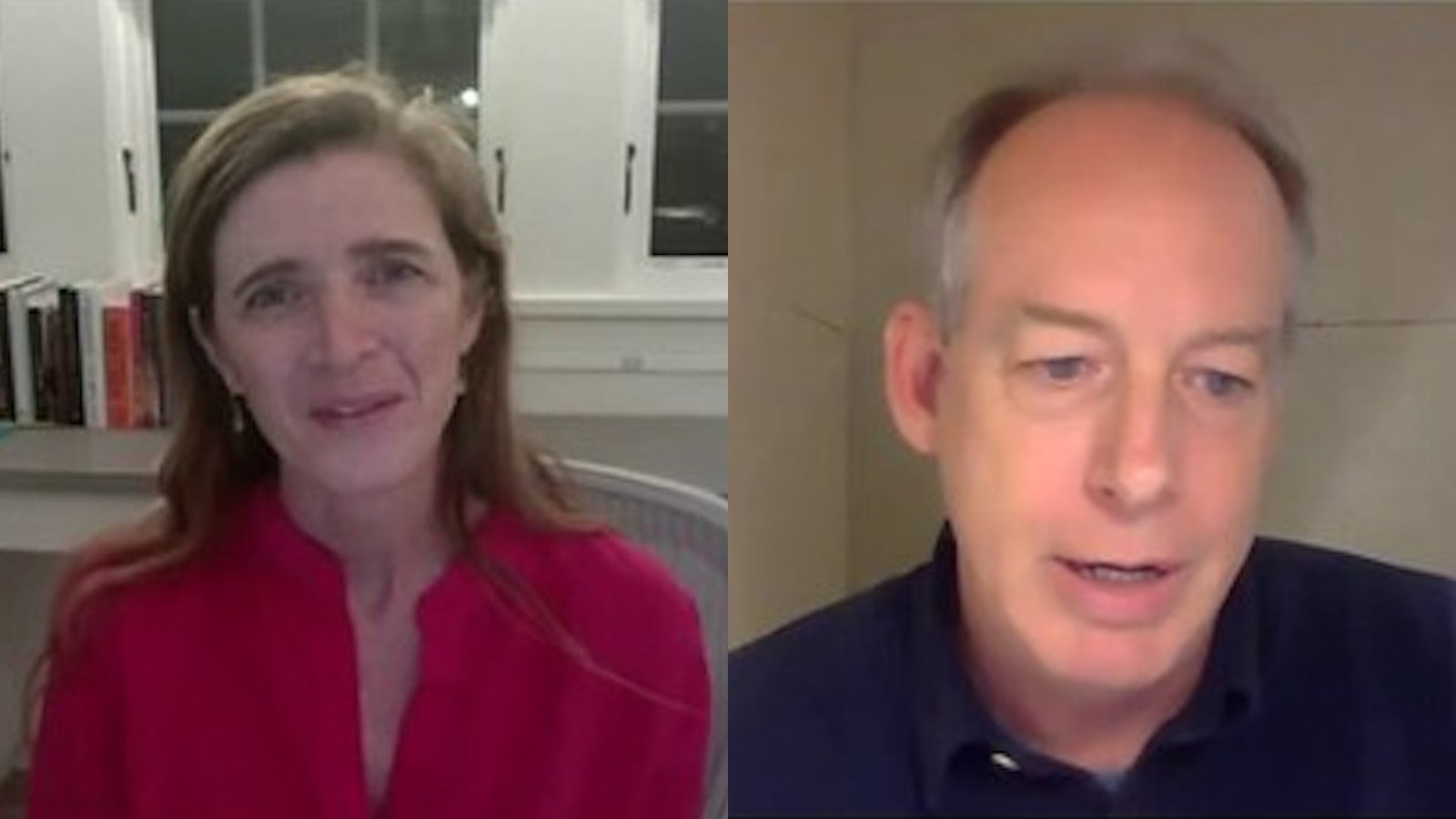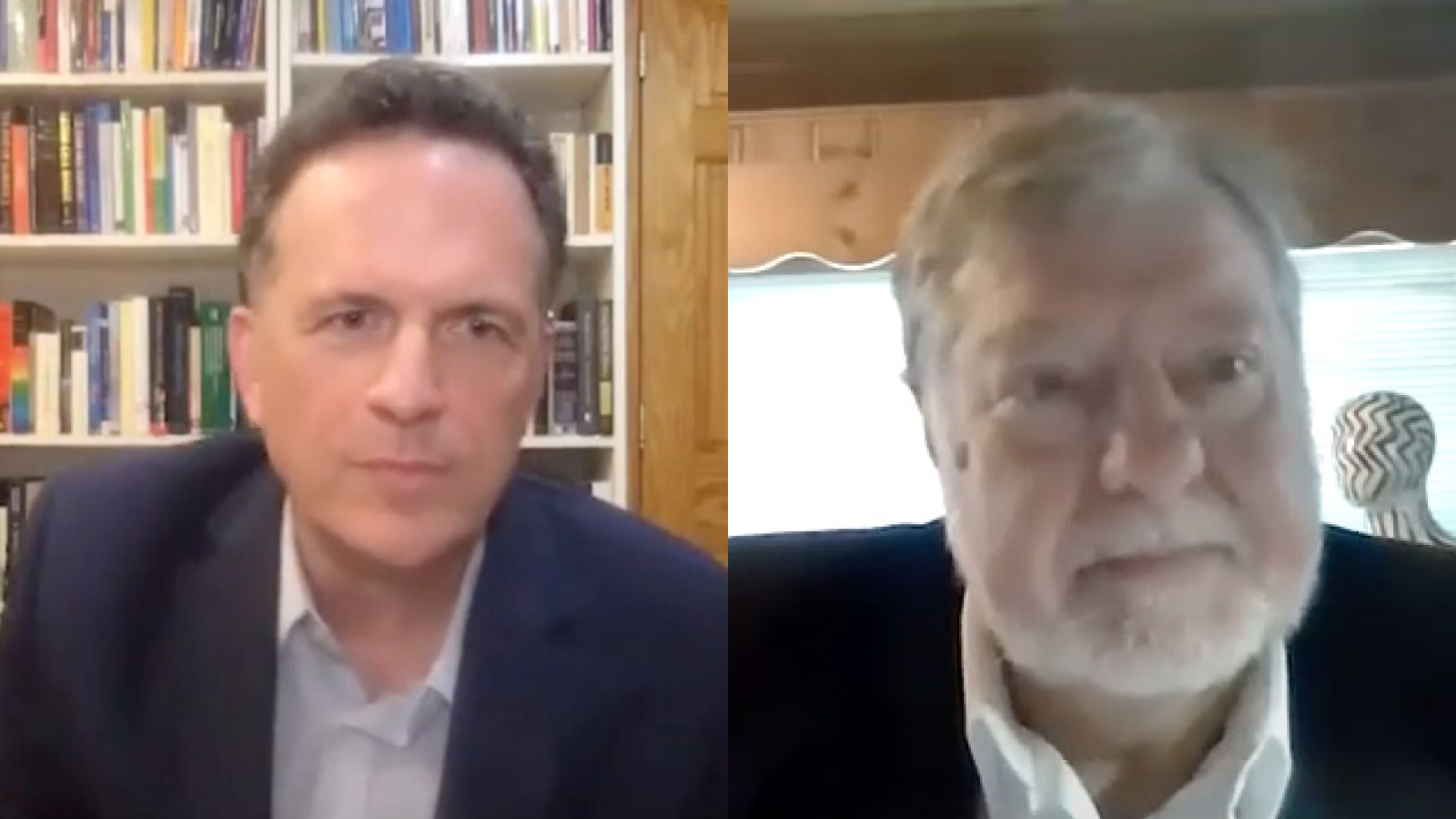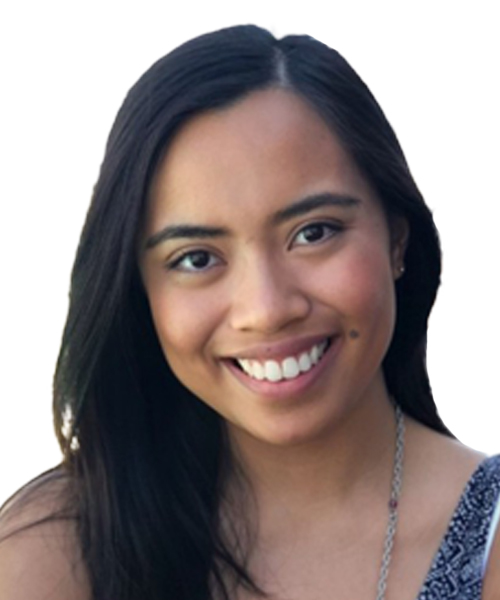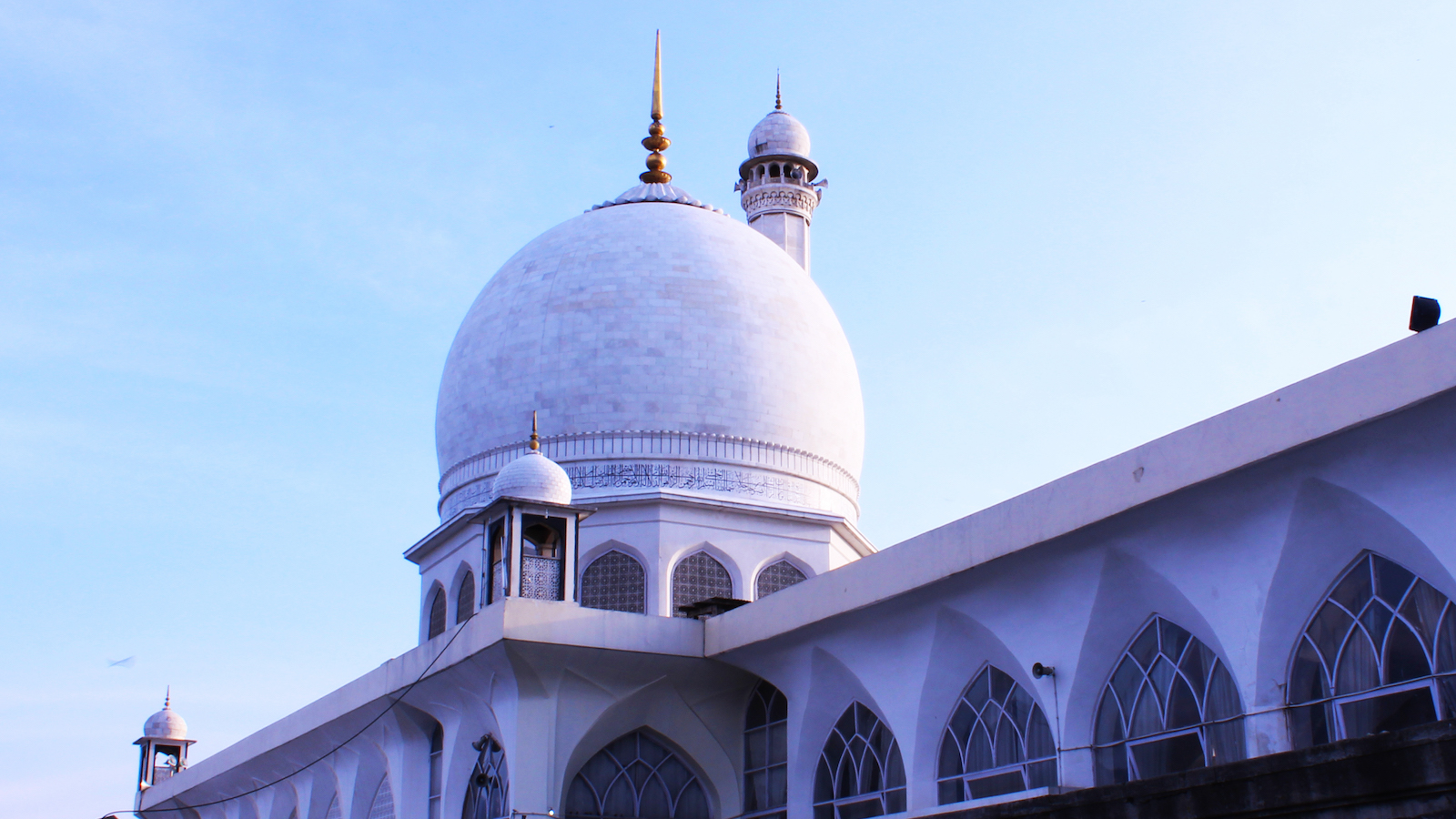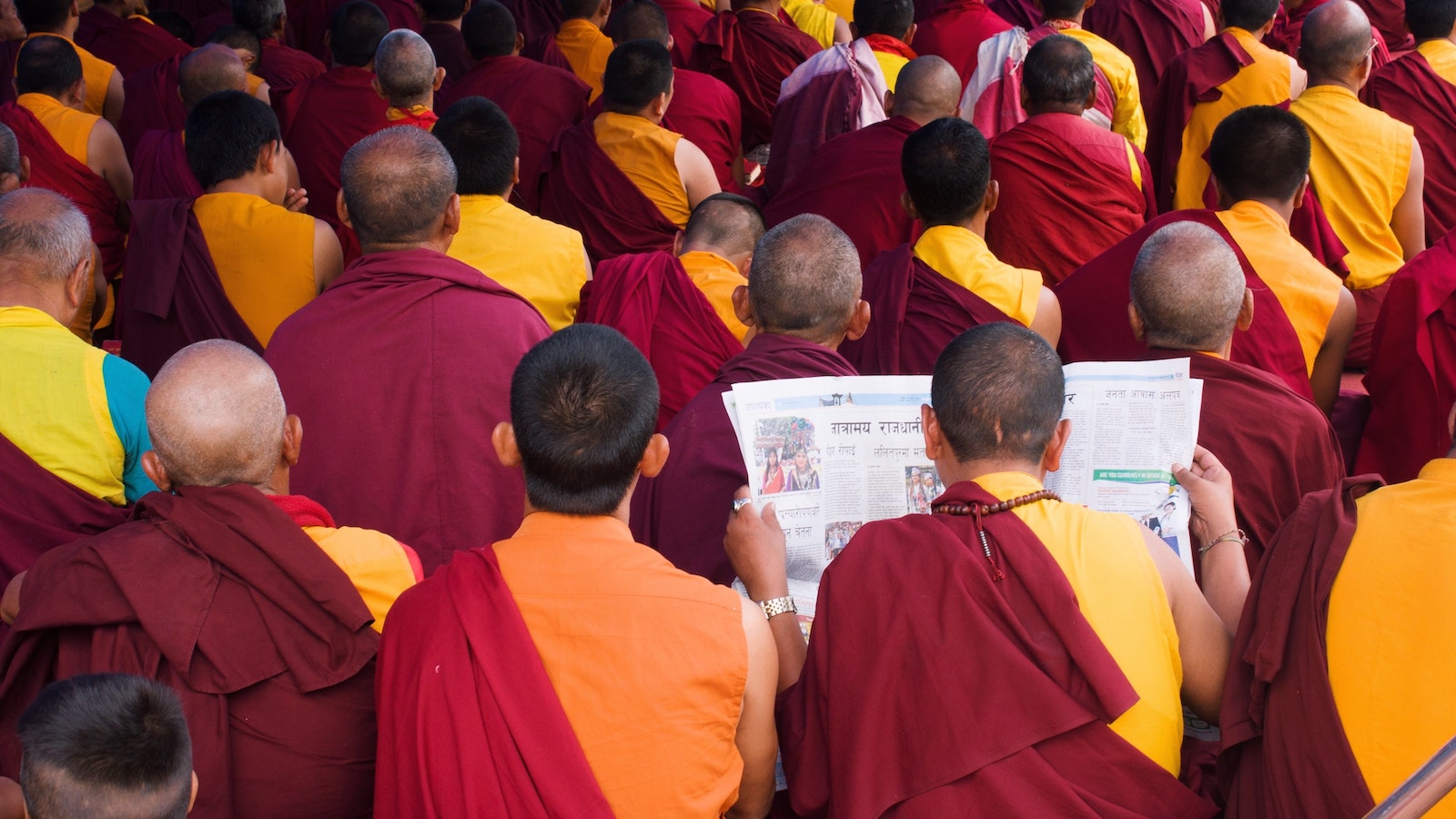The Berkley Center offers a number of ways for students to get involved, including conducting research through our global fellowship programs, taking courses through our minor, working as student assistants at the center, and participating in experiential learning through the Doyle Engaging Difference Program.
Our approach to student programs at the Berkley Center is grounded in the Jesuit value of caring for the whole person (cura personalis), a central tenet of the Georgetown University education. Our programs are animated by the center’s mission of bringing together scholars, practitioners, policymakers, and students to seek a more just and peaceful world by deepening knowledge and solving problems at the intersection of religion and global affairs.
Our student offerings are also deeply informed by the Doyle Engaging Difference Program’s mission to equip students and faculty with the skills necessary to thoughtfully engage matters of difference in integrated spaces of teaching and learning, in and outside the classroom. As campus collaborators on the Doyle Program, the Berkley Center seeks to implement this vision through guided academic and professional mentorship and extended learning opportunities that transcend the classroom, helping students connect their Georgetown experiences to local and global communities.



